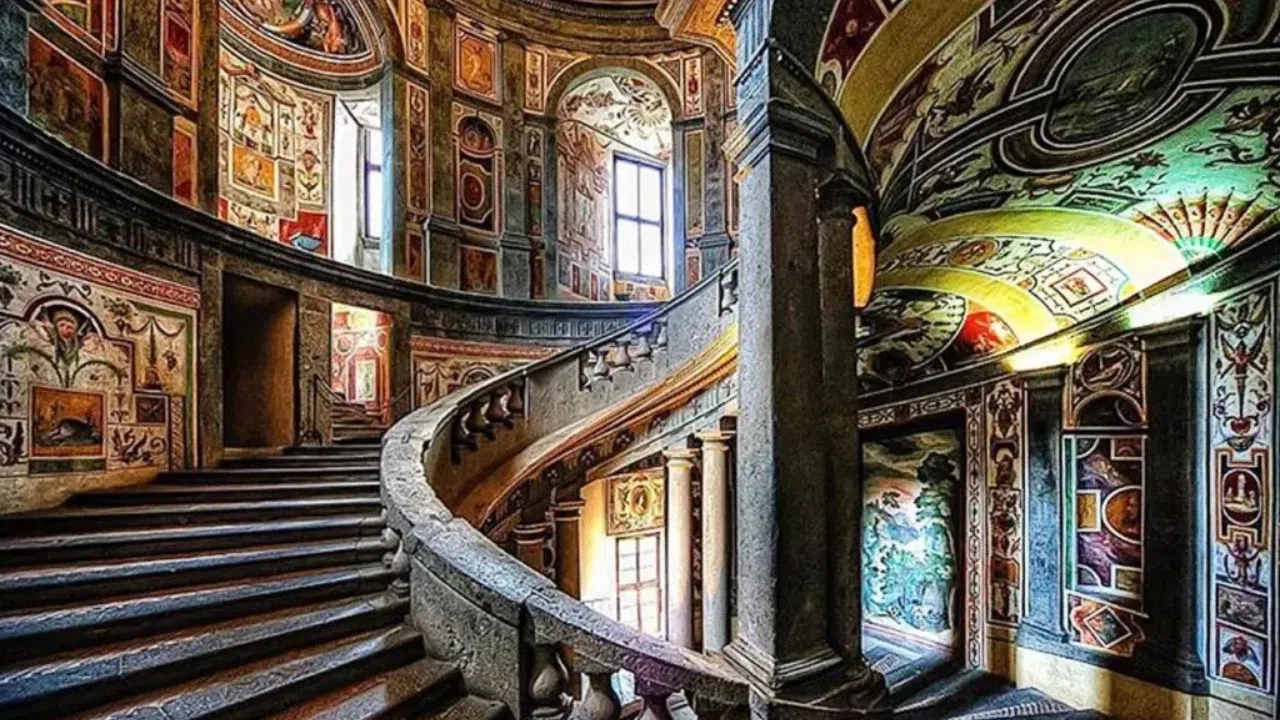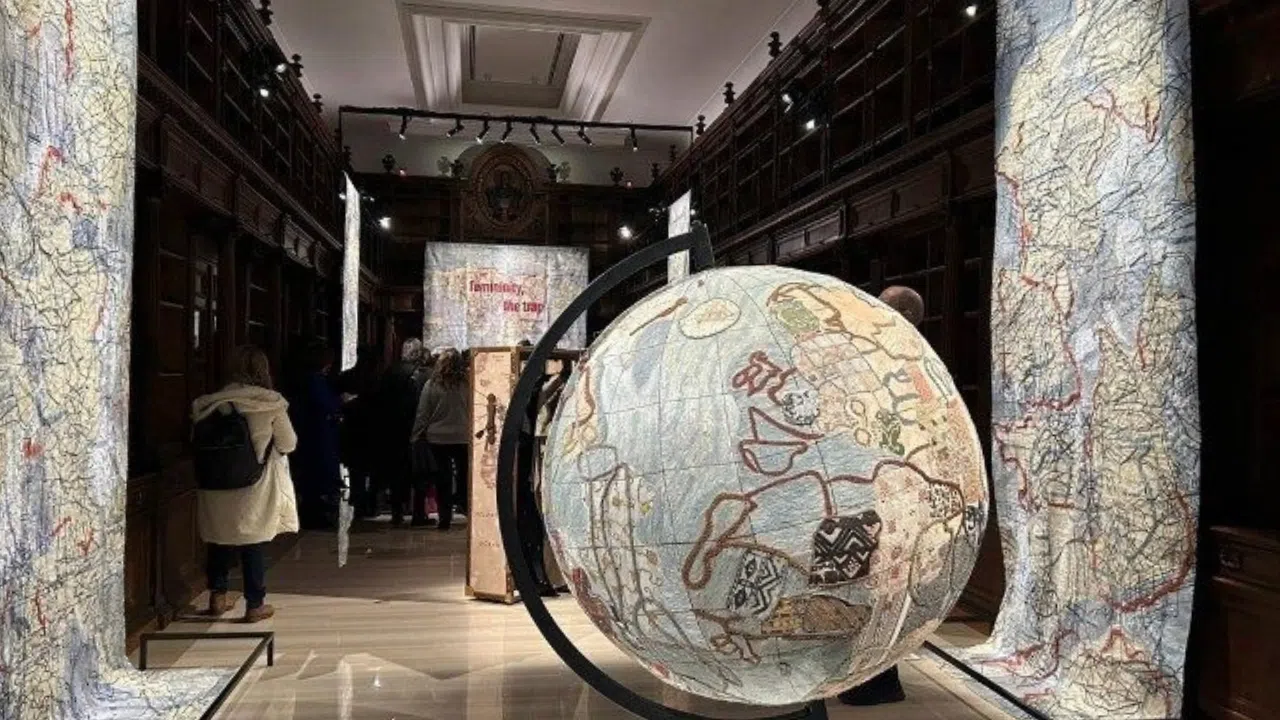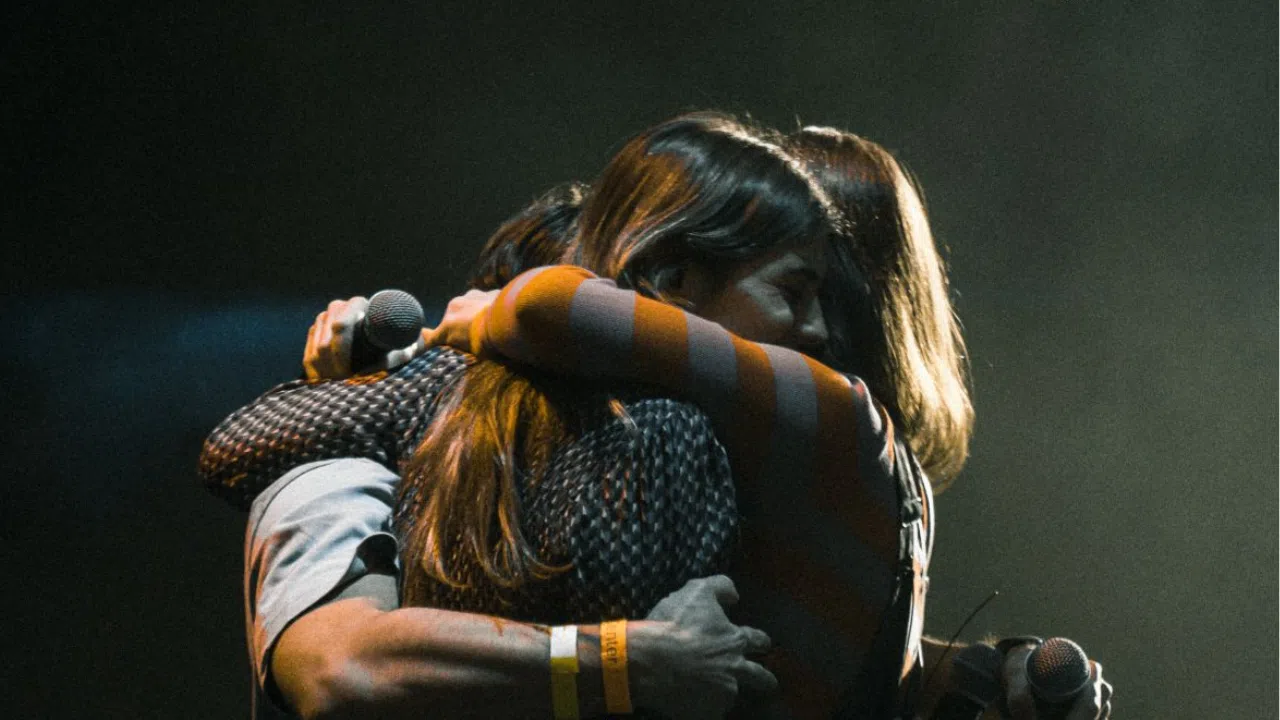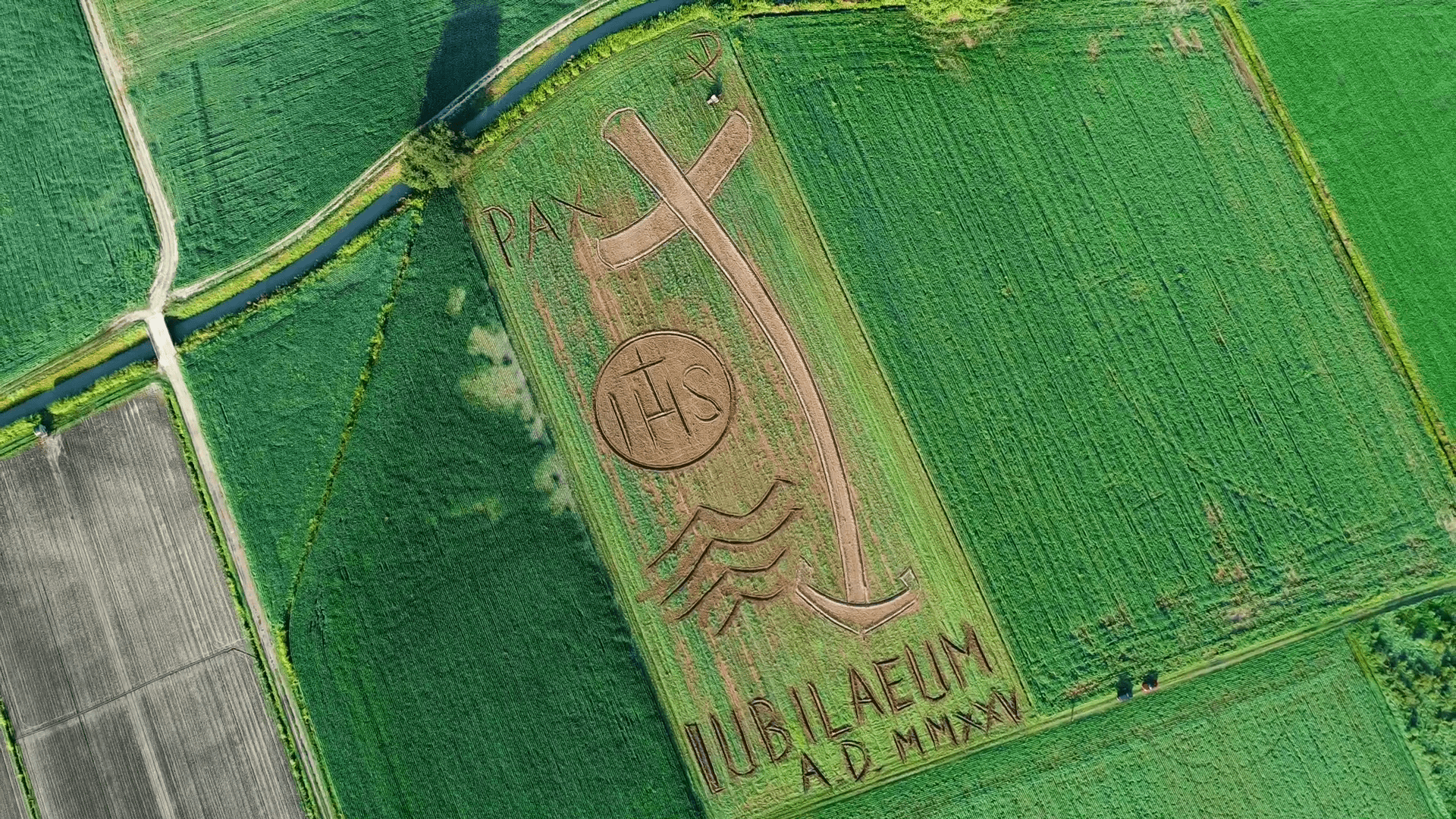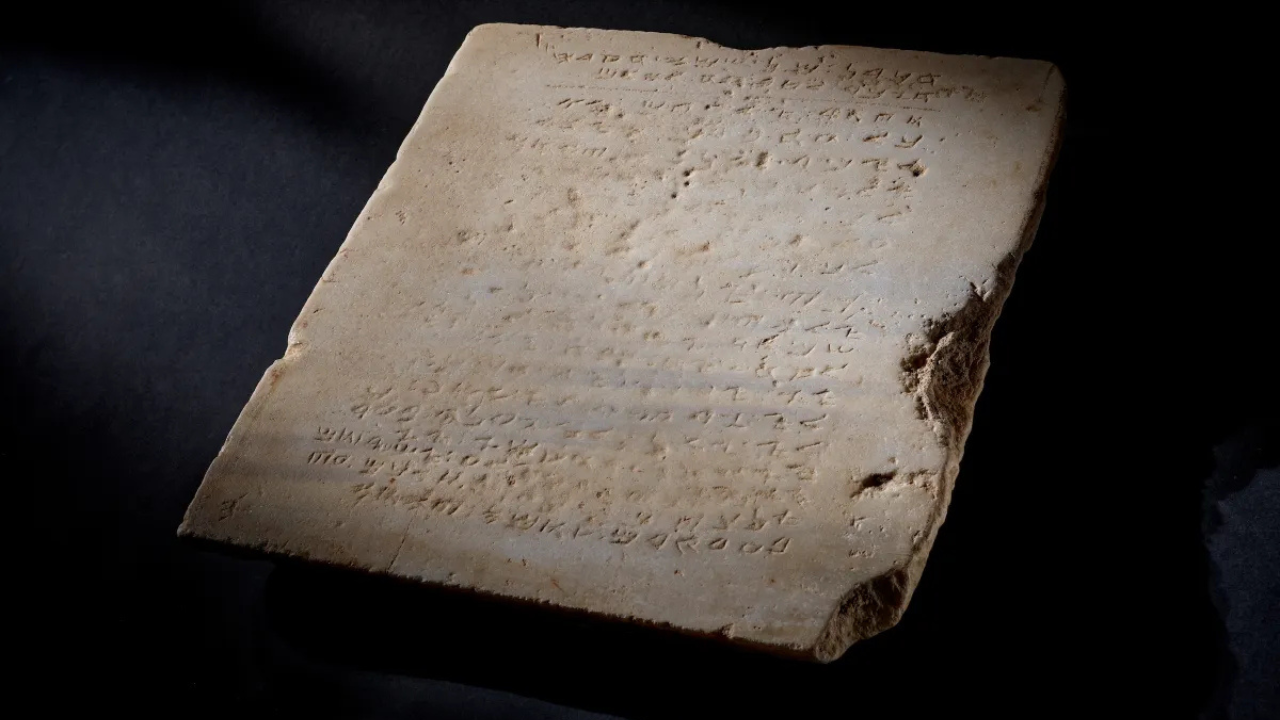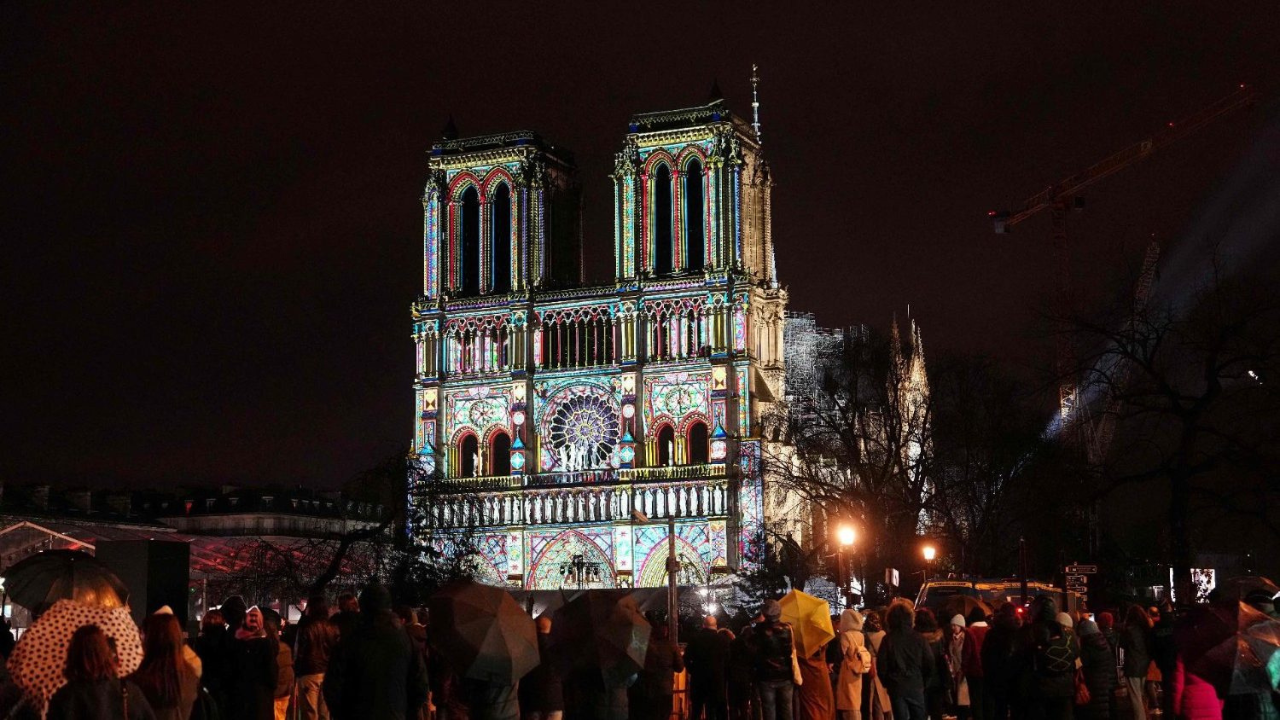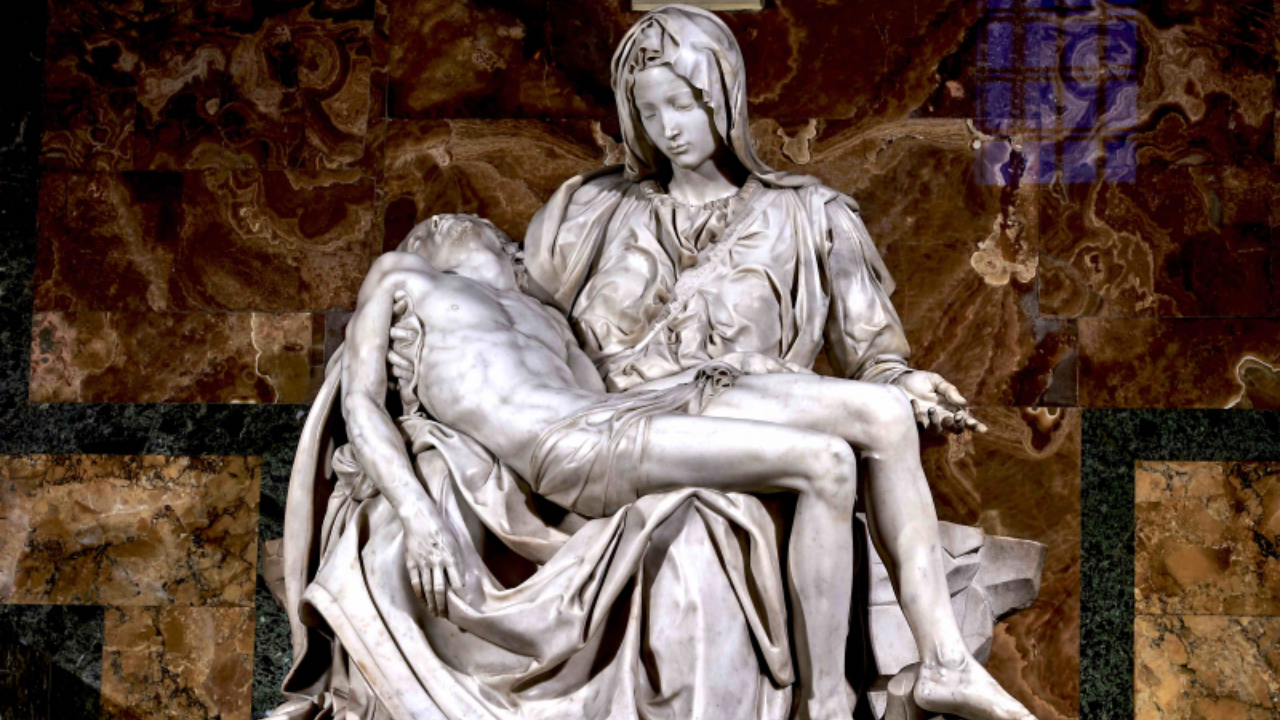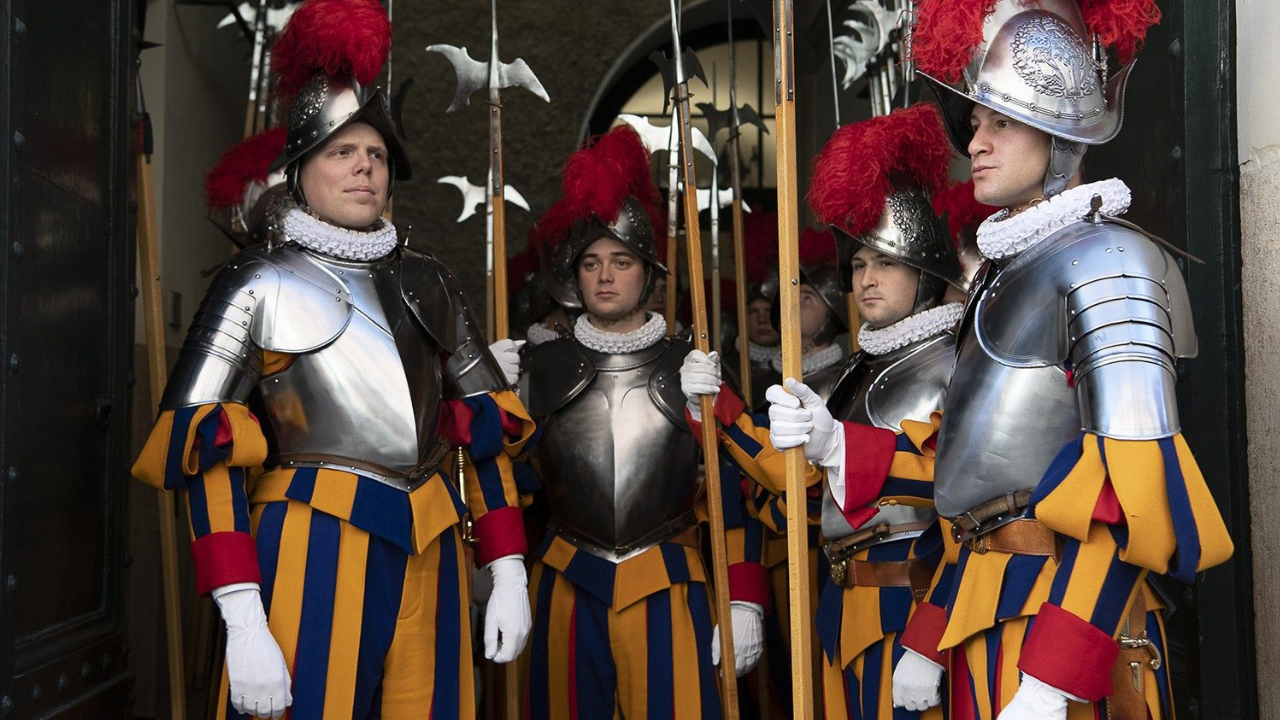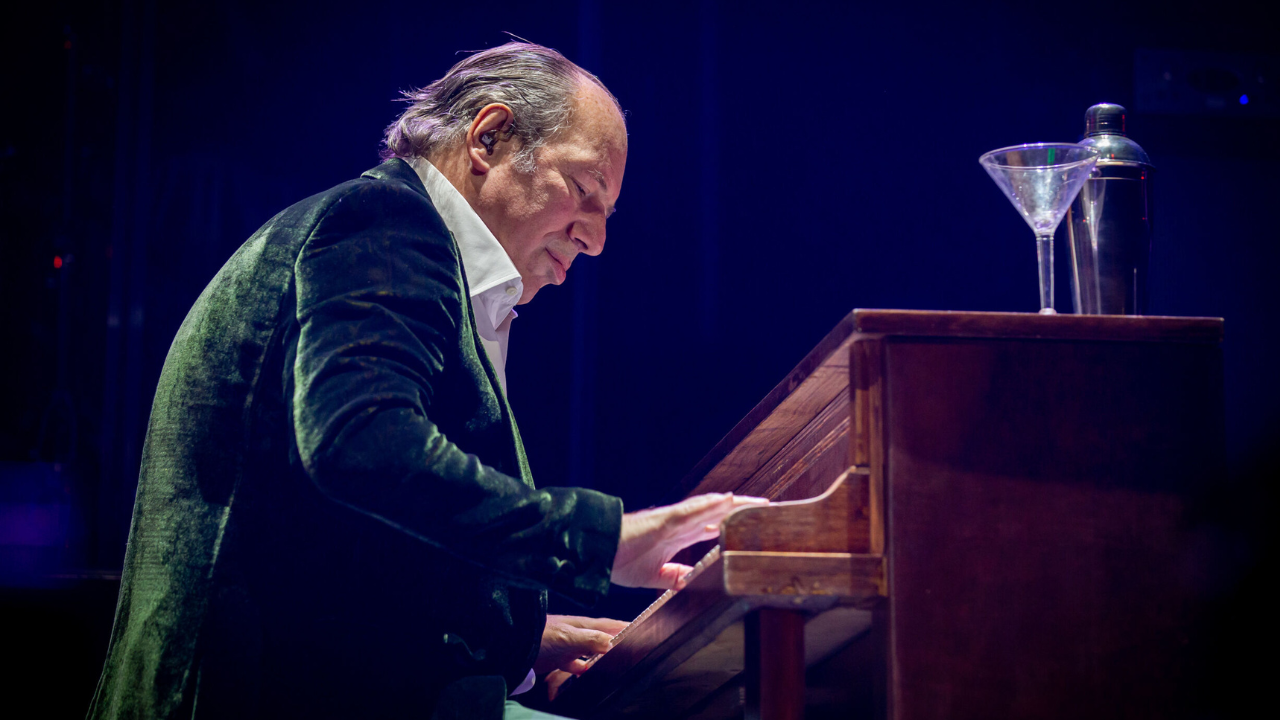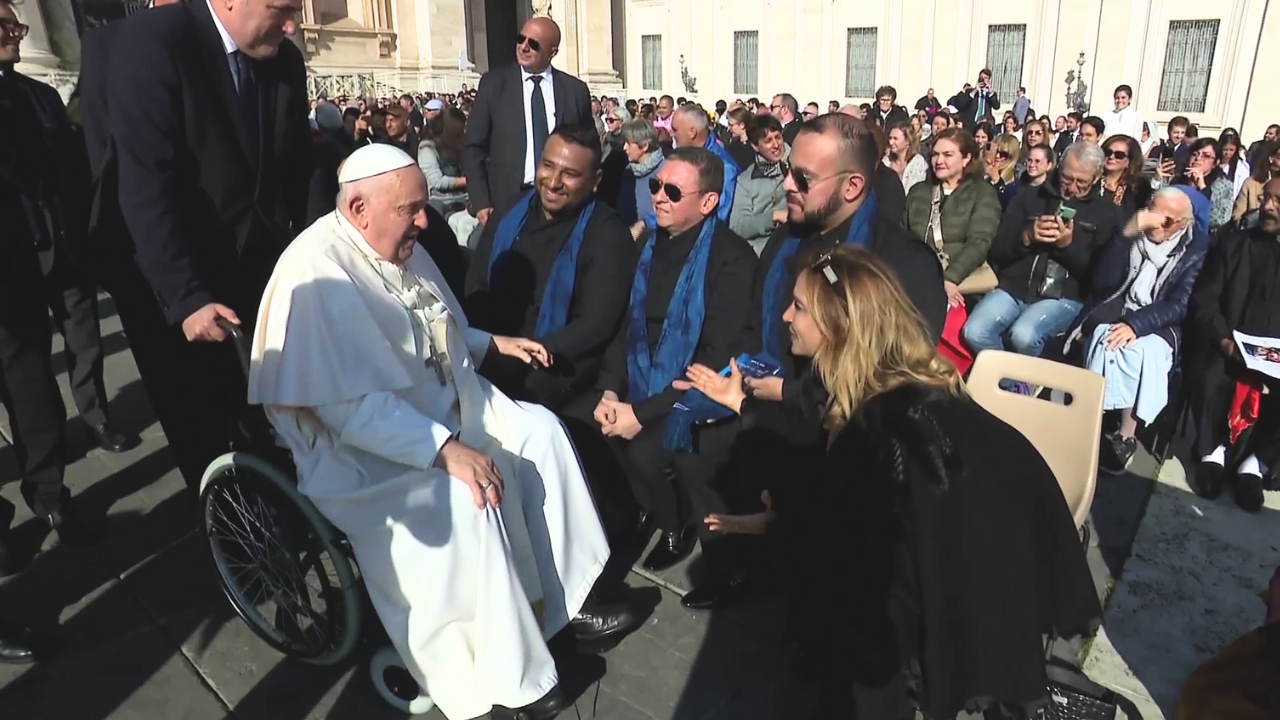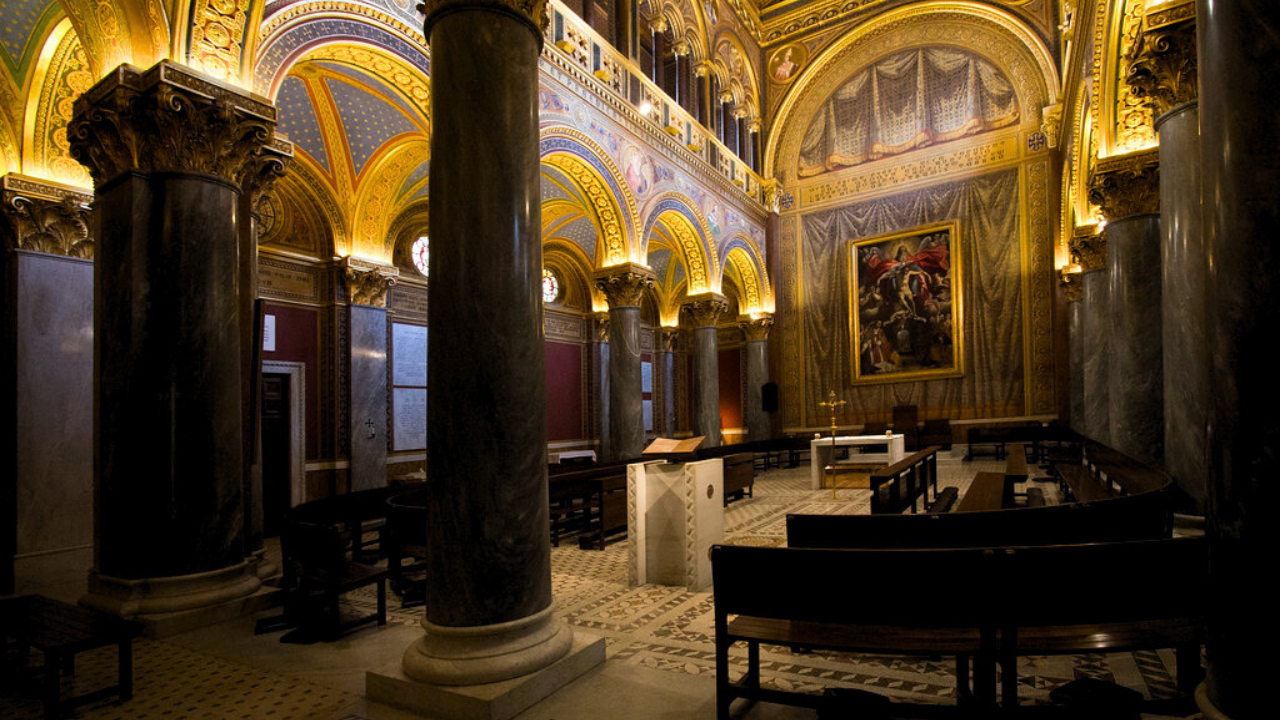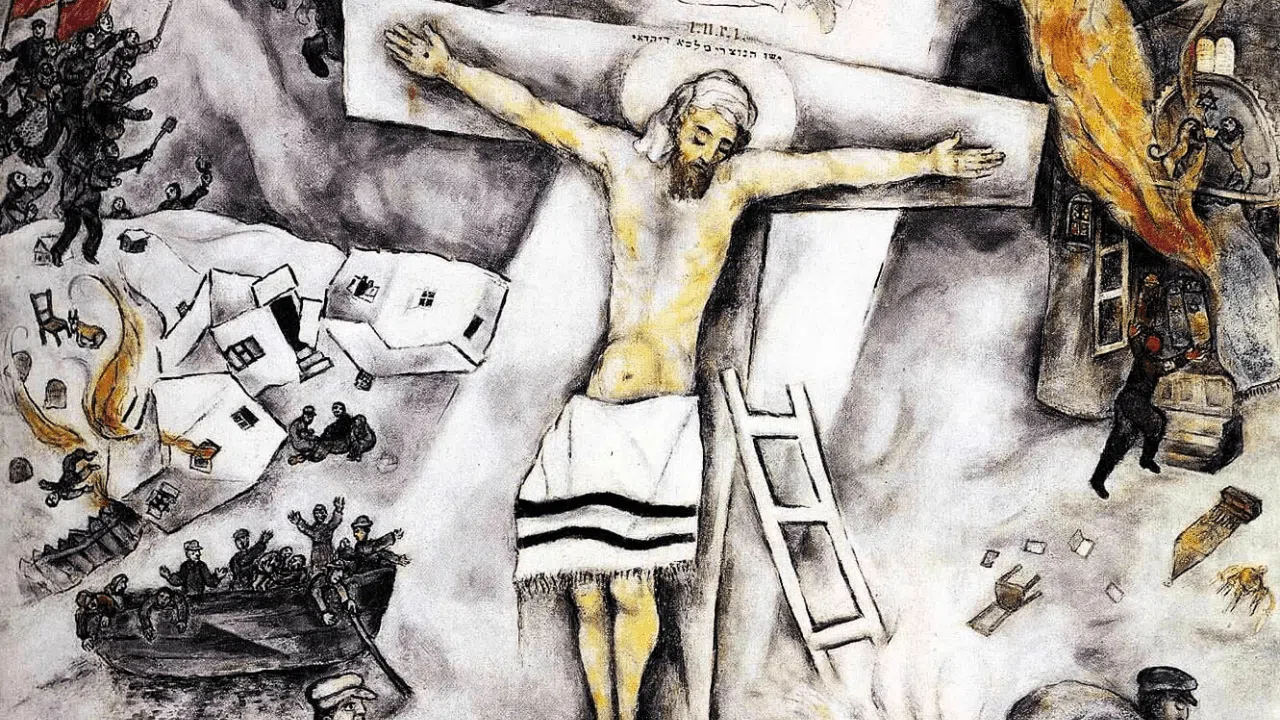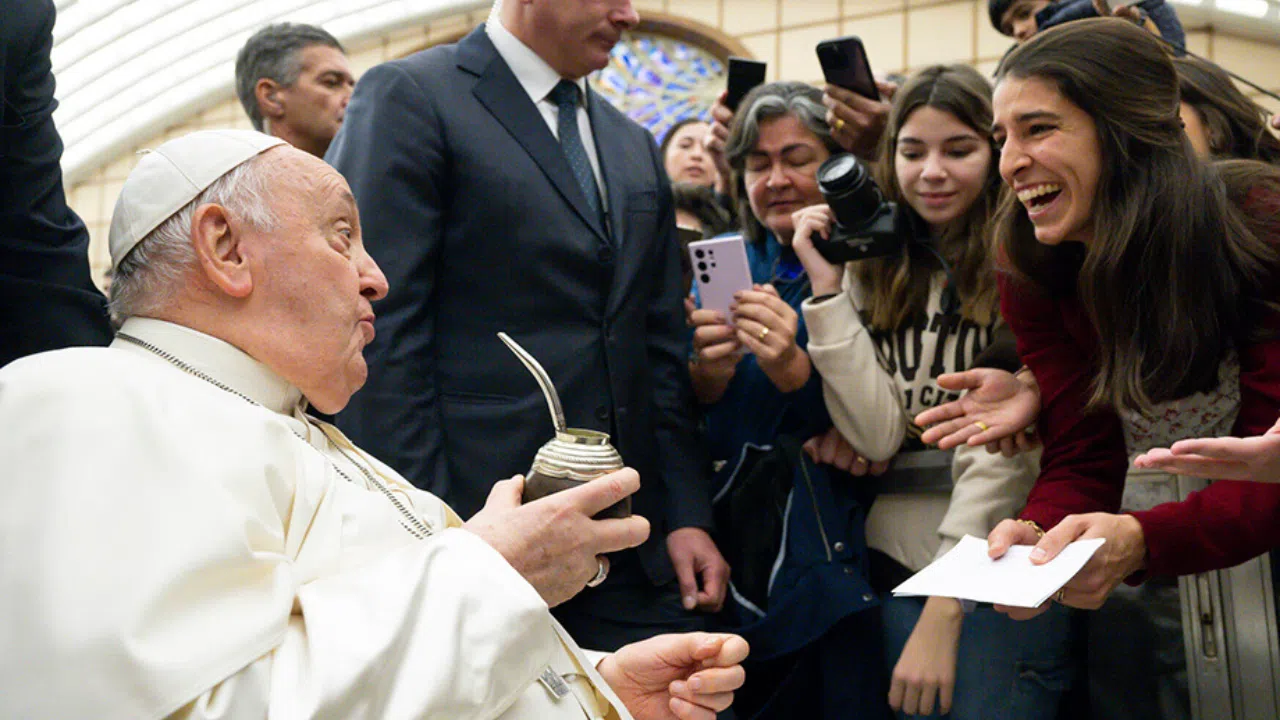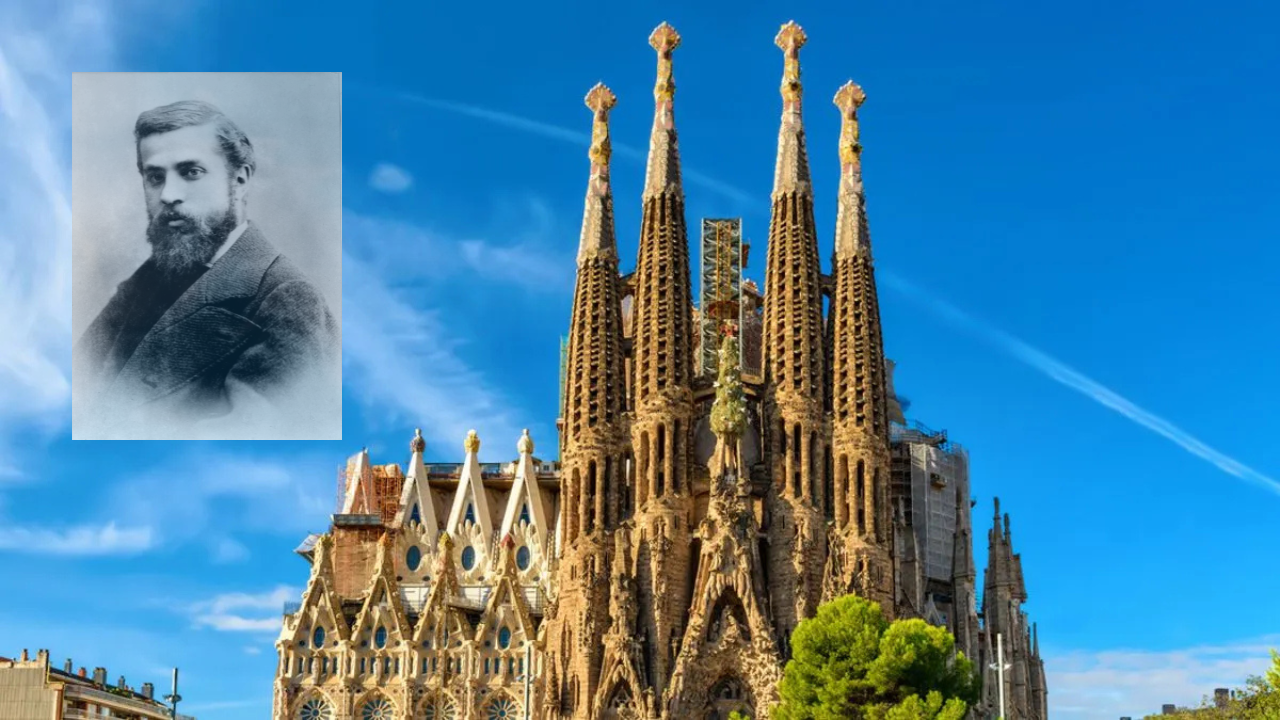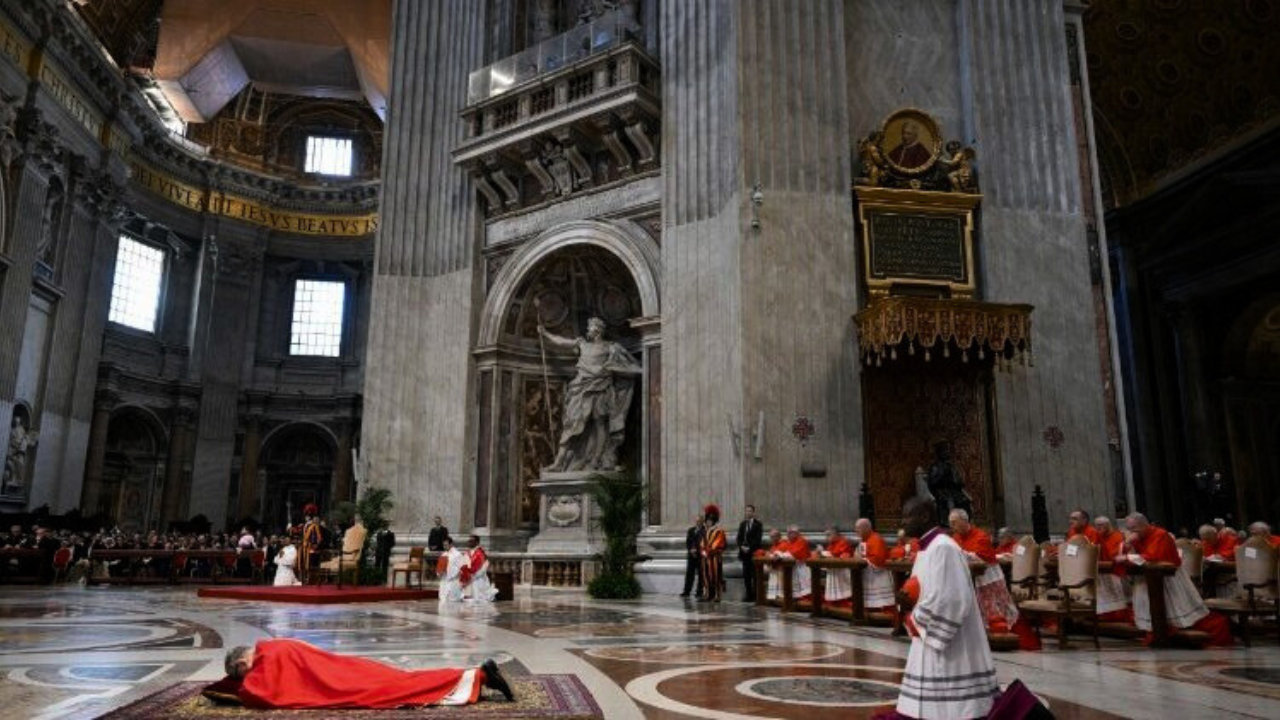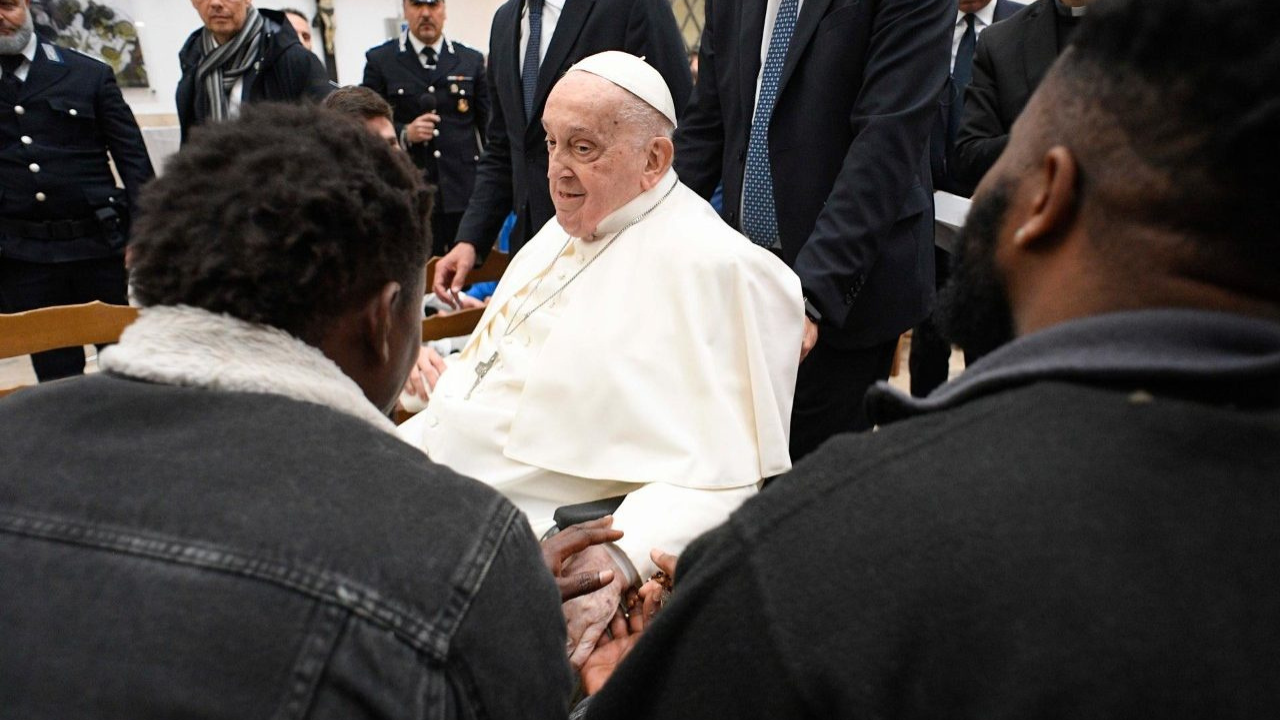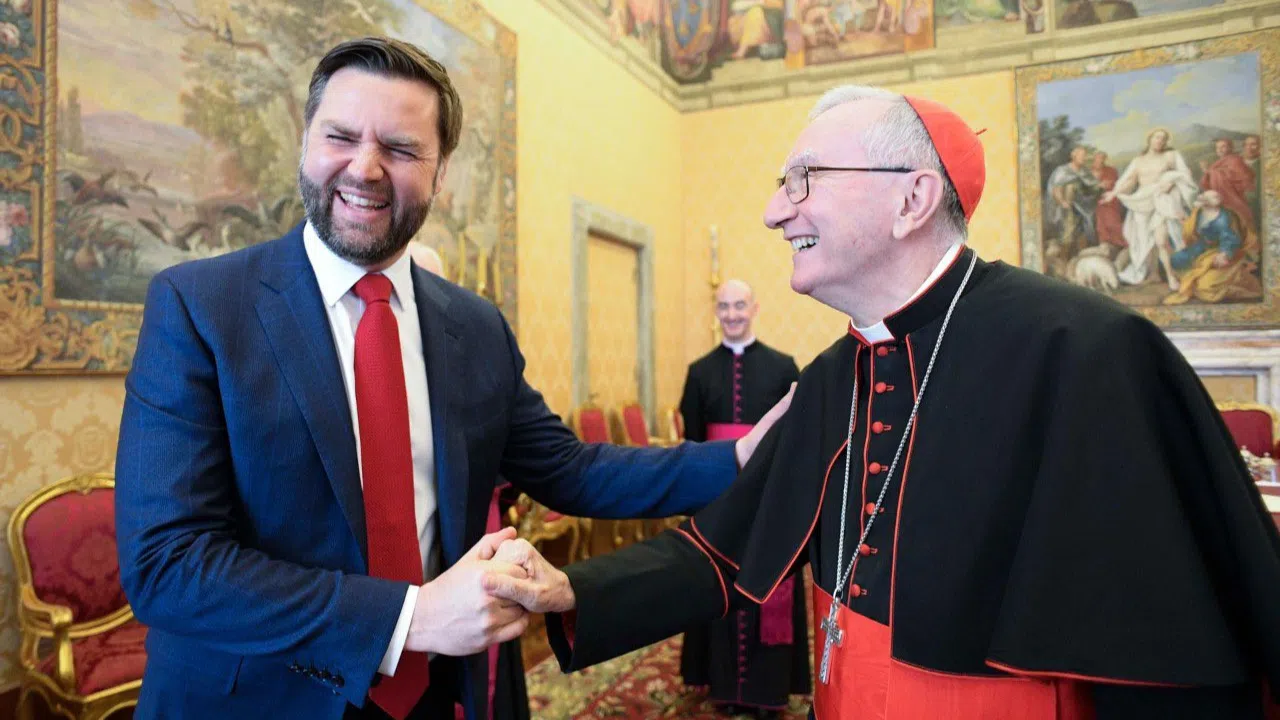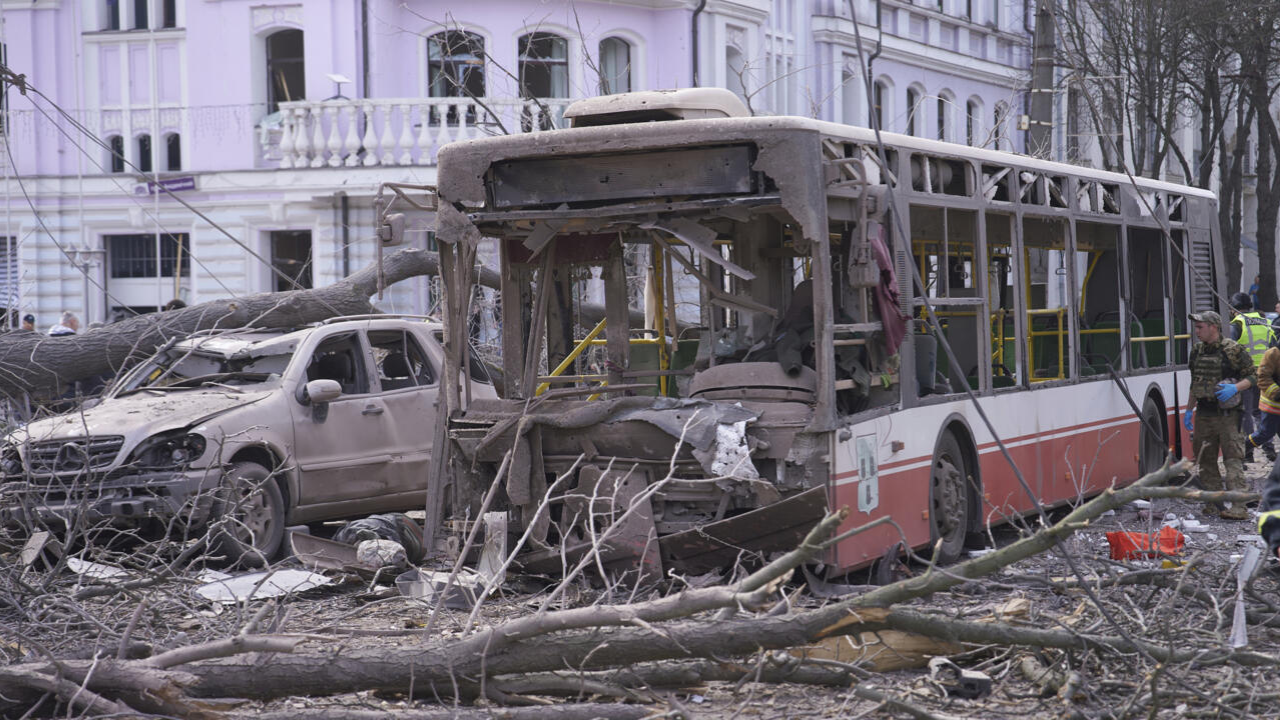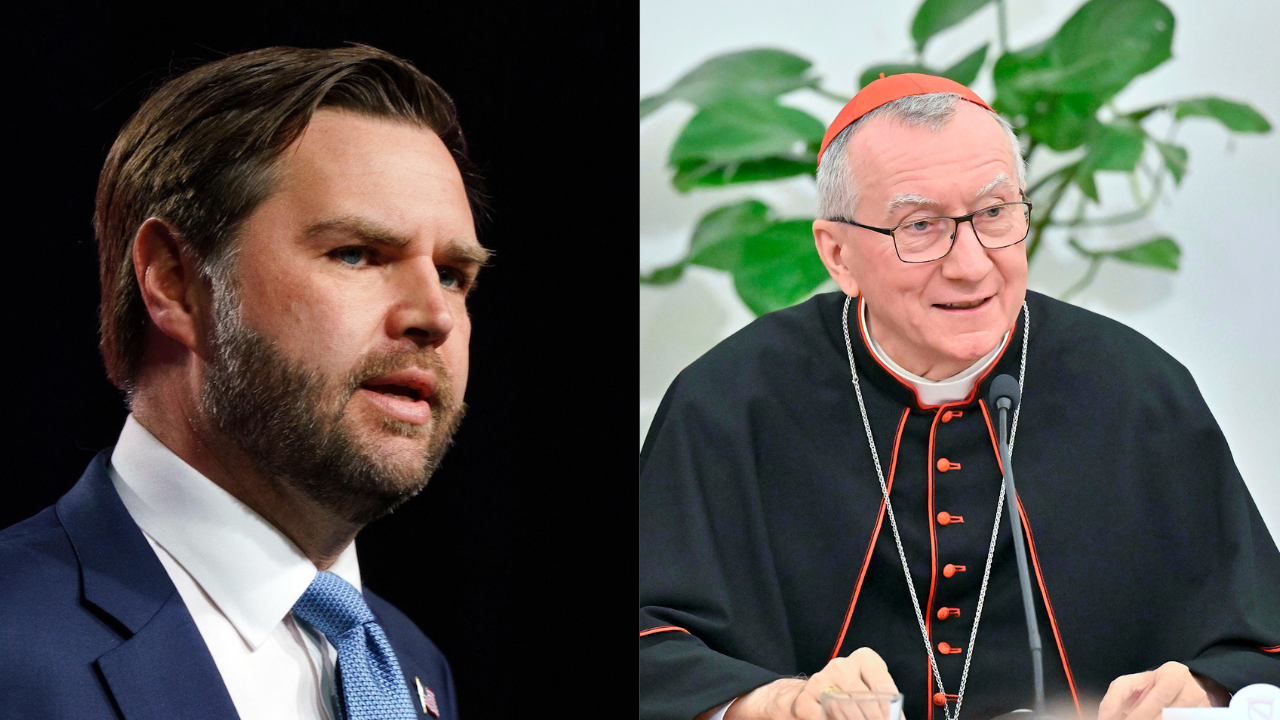Missionaries, on many occasions, are the first to arrive and are those who always stay when others have already left.
The documentary “Redentores de Cautivos” retells the story of the Spanish religious who lived through one of the worst episodes of recent Human History, the Rwandan genocide.
FR. JUAN CARLOS MANCEBO
Religious Mercedarian
'The hardest thing was to see many displaced people arriving at the mission filled with terror and some falling dead in front of us. It left a strong impression on us. I personally was touched. I said to myself, 'here we have to do something because the NGOs are absent and we are the only ones present there.'”
Father Juan Carlos Mancebo had to turn the mission into a refugee camp. He was one of the last religious to leave Rwanda and at one stage was even reported missing.
In Rwanda, ethnic cleansing killed more than 800,000 people in just 100 days. The Hutus murdered 75 percent of the Tutsi minority with machetes.
In the midst of the terrible massacres these Spanish religious did not question what had to be done. They even documented these atrocities on video and with photographs. This material now comprises a large part of the film and is dedicated as a tribute to their work.
SALVADOR GUTIÉRREZ
Director, “Redentores de Cautivos”
'This is a film of hope, love and justice. When we learned about the history of these missionaries, their experiences in Rwanda, in Burundi, the war and, above all, when these images reached us, we thought that justice had to be done to these people. Twenty-five years have passed since the war in Rwanda, and I believe that these missionaries, some of whom are now over 70 and 80 years old, should be known.”
JOSÉ ANTONIO CAPOTE
Director, “Redentores de Cautivos”
'I thought the project was fantastic. We had to give proper credit to the work that these people have done.'
25 years after that terrible experience, the directors of the film managed to bring together 10 of those missionaries who had lived through this tragedy.
At least 160 Spanish missionaries were working in Rwanda and Burundi at that time. In 1994 they all received the Prince of Asturias Award, an important award linked to the Spanish crown.
The proceeds of the film will go to a project run by the Mercedarians in a Cameroon prison, helping prisoners and more than 300 families.
